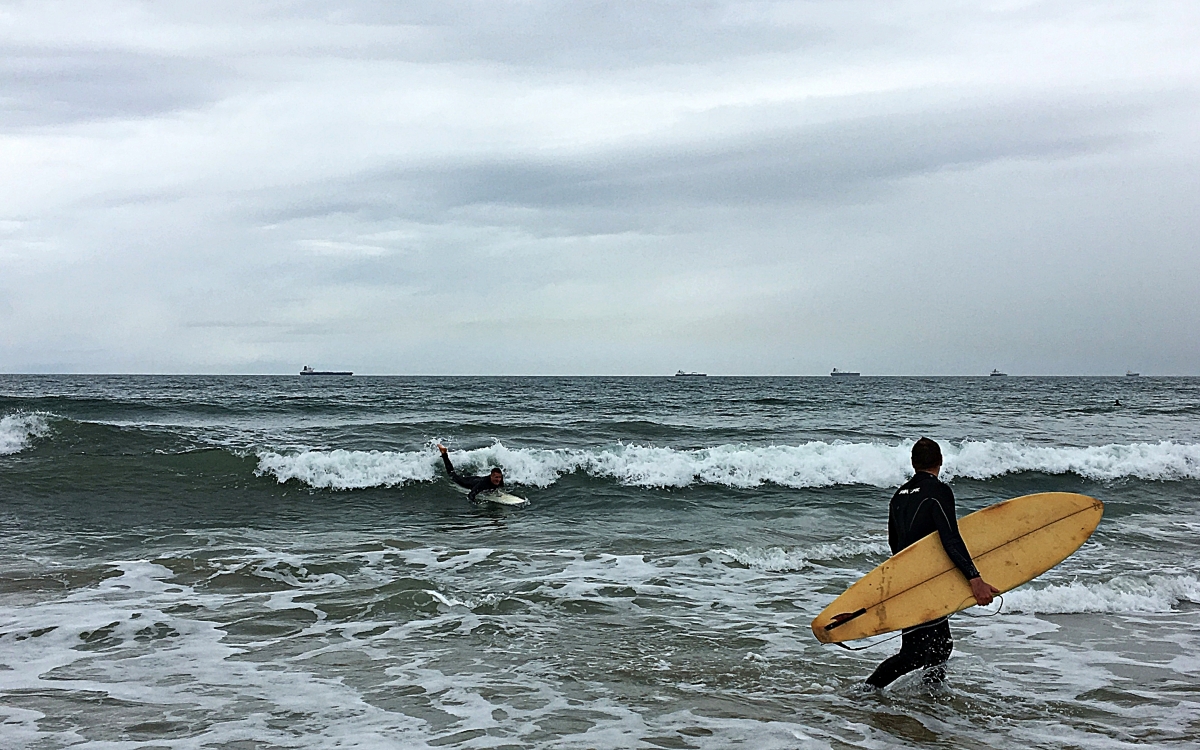Sociological systems are intriguing to explore, especially if one can fully immerse oneself in them. The danger, of course, is the pain and heartache one can experience, the trauma due to social behavior – which, if one has to actually physically immerse oneself, can result in physical trauma and possibly death.
Nonetheless, social experimentation can still be effective in closed groups within relatively-safe environments – such as the various MU*s available on the internet. Text-based, as they are, means that communication and interaction is slowed – which, for me, meant there was time to process more. And, if one is looking into a glass box with a bunch of ants – even if one has decided to join that little ant-farm – a slower pace means the mind can pick up more information.
I didn’t truly intend to make a social experiment out of this latest game that I recently left. It may have hurt less, been easier to leave if I had – but I likely wouldn’t have learned so much, as the focus of one’s mind, when one has firm agendas, tends to eliminate what information one has deemed unnecessary. However, when one is fighting for one’s life – real or imaginary, the mind picks up on so much more.
This one, like so many, had a monarchical political setting. Hierarchical in nature, there were high lords, princes and princesses, dukes and duchesses, marches, counties, baronies and peasants – as well as other countries with their own levels of hierarchy.
The result was, looking back on it, inevitable: A strong struggle for power between the levels of hierarchy led to infighting, lies, manipulation, back-stabbing, sexual exploits and tensions created to weaken the political or social standing – and influence – of others. Many players, even OOC (out-of-character), devolved into bullies as their need to keep their characters high in the social standing of the game (and with staff members) became more important even than the loosely-maintained rules NOT to bully other players outside of the game environment. Promises and delivery of TS / ERP (Tiny Sex / Erotic Role Play) earned favors from staff members and other players, alike; and withdrawing such attention and affection could be extremely socially-damaging, no matter what the reasons – again, both IC (in-character) and OOC.
To be fair to staff: Having created a sandbox that – by its very nature – condones, supports and breeds social tensions and hostilities, it is extremely difficult to curb player tendencies to carry their hostilities to other players when not actively playing. Cliques and bands of players both consciously and, perhaps, accidentally would gang up on others both IC and OOC as the lines between reality and play blurred. Some are careful to actively express that IC was IC during hostile RP. Others most certainly derived enjoyment from destroying or hurting other characters – and players – in their search to be the top, best, most-feared, talented and/or perceived to be beloved.
Eventually, I had enough of being the kicking-dog of a certain portion of the group. I had, with my character, moved faster and farther with her “secret” than most; and players were complaining to staff. There was no malicious intent on my part; there was no cheating. I simply shared information – and was shared with, in kind. I simply trusted and was trusted, in kind.
This, of course, was contrary to the hostile nature of the game. I was breaking an unspoken rule (or rather, an accepted and oft-spoken OOC habit): I shared EVERYTHING. I was inclusive of everyone. I meant no harm to anyone; and my character was – while anxious because of her secret – never angry. It was more than an OOC choice; as a writer – and one who intensely values psychological consistency and logic even in illogical emotional behaviors, the fear my character had for those she loved – including the society she lived in – was greater than her need to hide herself. So, she shared. She invested in others and in protecting them through giving truth about what ill might come to her or because of her recently-remembered past associations.
I broke the code, you see; and this was threatening to those who had played for years longer than I. This became not only an issue for players jealous over this attention and hasty rise in one of the coveted spheres of influence (knowledge and secrets); but, because no one – not staff nor players nor characters – could actually stop this continued increase in my character’s depth of knowledge and influence because of it, my character became a threat to other PCs (player-characters). She simply became known to be a vital link, and the PC who had been known, previously, to be that vital link felt her hold on it slipping.
Not that this was true, necessarily; but people act in very strange ways when they feel their influence is being lost; when they feel they’re not the most important person.
I write stories. Bear this in mind; and I write stories of logical psychological and emotional responses. Yes, there were other responses possible – but I did not consider them, at the time; and there was no going back, once I had set upon a path. Some things cannot be mended without the help and consent of others.
The need of the PC – and perhaps the player – to be the top, single most needed and beloved heroine led her to corner and threaten my character in the presence of someone who would back her up, who would lie for her and belittle my character. One may wish to belittle this occurrence or say it’s “just a game” – but, whether it was a sandbox social environment or a real-life need to be the most important, it is a social environment with very real humans playing it from their very-real psychological perspectives. These aren’t psychologists toying with ideals or ideas; they’re common people who choose the motives of their characters. As such, the responses are very real, in many cases.
Someone told me, after I left the game, that leaving only gave strength to the other side; that, by leaving a situation I no longer wished to participate in, I had “lost the argument,” by default. In effect, what they were saying is: Might makes right.
Of course, we know this isn’t true.
What is true, though, is the overarching understanding that American forefathers, Aristotle and other philosophers have come to understand about the nature of political and social systems over thousands of years:
What is condoned and cultivated by a social and political structure – of any kind – breeds the mentality, the psychology and the behaviors of the people within it; and goodness is defined by effectiveness – so, if one wishes to create a harmonious whole, goodness is only yielded when that harmony is upheld, valued and defended.
Might doesn’t make right – unless the right are mighty. Social acceptance of a principle doesn’t make something right. It only makes it socially-accepted. And, in that world in which I played? There was no wish for balance or goodness. Even the staff, in the end, defended the hostilities – which says a lot for what is intended, the social structure being upheld and condoned.
There is a lot that can be understood about the effectiveness of a society to uphold, condone and cultivate peace, liberty, justice – simply by by looking at smaller fragments of that society. If the society as a whole is healthy, the fragments will be, by necessity and of a whole, healthy. If it is unhealthy – as we see in these recent riots throughout the United States, the evidence of that lack of health will be glaring – no matter how much it is accepted, dismissed or condoned.
Power tends to corrupt, and absolute power corrupts absolutely. Great men are almost always bad men.
John Emerich Edward Dalberg Acton, first Baron Acton (1834-1902)



